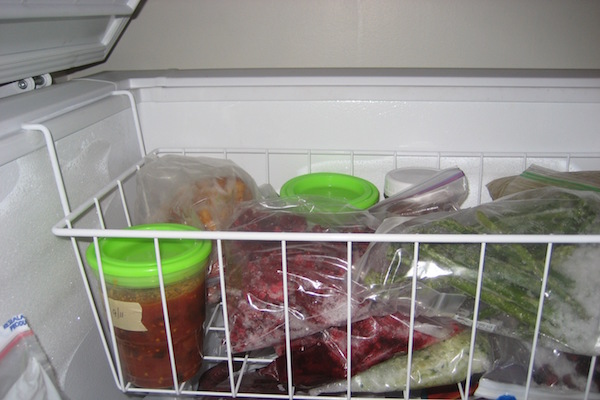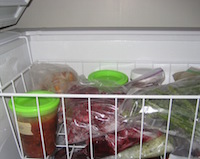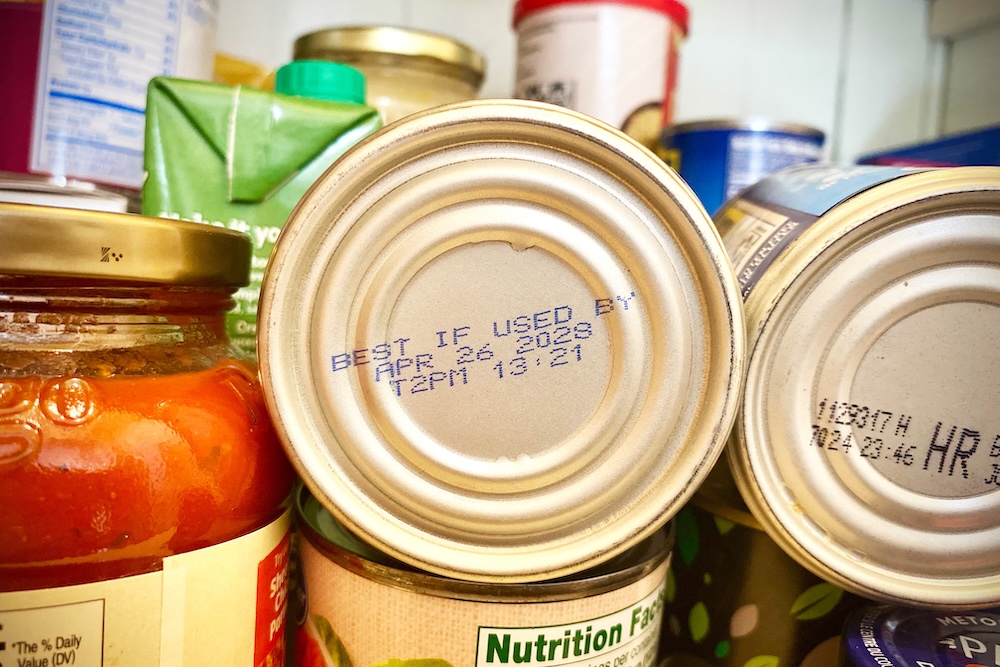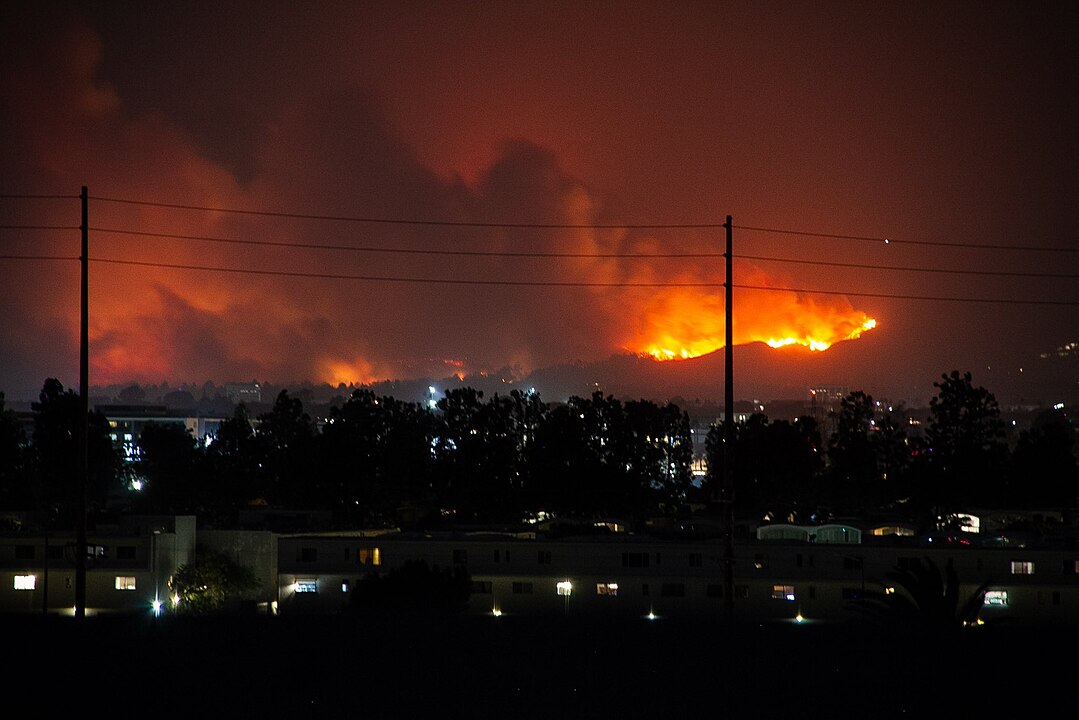All hands on deck! Stormy weather and hurricanes can blow through with little warning this time of year. Preparation before the storm hits can mean the difference between safe food and water and contaminated supplies that can make you sick.
Consider these tips from University of Georgia Cooperative Extension to protect yourself and your family in an emergency situation.
Power outages can leave you marooned with questionable food in your refrigerator or freezer. Before the storm hits, purchase refrigerator/freezer thermometers for your refrigerator, freezer and coolers. Make sure that the temperature of your refrigerator is 40 degrees Fahrenheit or colder and that your freezer is 0 degrees or colder. Thermometers in your refrigerator and freezer will tell you how high the temperature gets in your appliances when the power goes off.
Freeze extra containers of ice in coolers to keep foods cold while the power is off. If the power is off for more than four hours, transfer the food to the coolers that contain ice to keep the food cold.
Keep refrigerator and freezer doors closed as much as possible when the power is off. A refrigerator will keep food at a safe, cold temperature for about four hours if the door remains closed. A full freezer will hold its temperature for about 48 hours. A half-full freezer will only maintain its temperature for about 24 hours if the door stays closed.
Find out ahead of time where block ice or dry ice can be purchased in your area. These types of ice are a good option for keeping your refrigerator and freezer cold during a power outage.
Perishable, refrigerated foods like meat, poultry, fish, soft cheeses, milk, eggs, leftovers and deli items should be discarded if the power stays off for more than four hours and food is not kept at 40 degrees or colder.
If the power is off for multiple days, check the temperature of the freezer. If the food still has ice crystals on it or is at 40 degrees or lower, it is safe to eat for up to three days.
Unless it is in a waterproof container, do not eat any food that may have come in contact with floodwater. This includes foods that are in containers with screw caps, snap lids, pull tops and crimped caps. Home-canned foods and cardboard boxes containing juice, milk and baby formula should also be discarded if they come in contact with floodwater. Commercially canned food should be discarded if the metal can is damaged in any way. Examine each can and throw it away if there is evidence of swelling, leakage, extensive rusting or severe dents.
Cans not damaged can be salvaged by removing labels that could harbor germs. Thoroughly wash the cans with soap and hot water, then rinse the cans with water that is safe for drinking. Next, sanitize the cans in a solution of 1 tablespoon of chlorine bleach per gallon of drinking water. Another way to sanitize cans is to place them in boiling water for two minutes. Allow the cans to air dry for at least one hour before opening or storing them.
If the safety of the drinking water supply is in question, use bottled water that has not been exposed to floodwater. If bottled water is not available, treat your water to destroy disease-causing organisms that could be present.
First, filter cloudy water through a clean cloth. Boil the water for one minute. After cooling it for at least one minute, store the water in clean containers with lids.
If boiling the water is not an option and you have no other water, disinfect the water after it has been filtered using unscented household chlorine bleach. Add 1/8 teaspoon, or eight drops, of unscented household chlorine bleach for each gallon of water, then let stand for 30 minutes. Some disease-causing organisms are resistant to chlorine, but the chlorine bleach treatment alone will reduce your risk of disease in an emergency situation. Store the water in clean containers with lids.
Heave ho, mateys! Get more information on emergency preparedness for your homes and families at www.fcs.uga.edu/extension/disasters or contact your local UGA Extension office at 1-800-ASK-UGA1.








